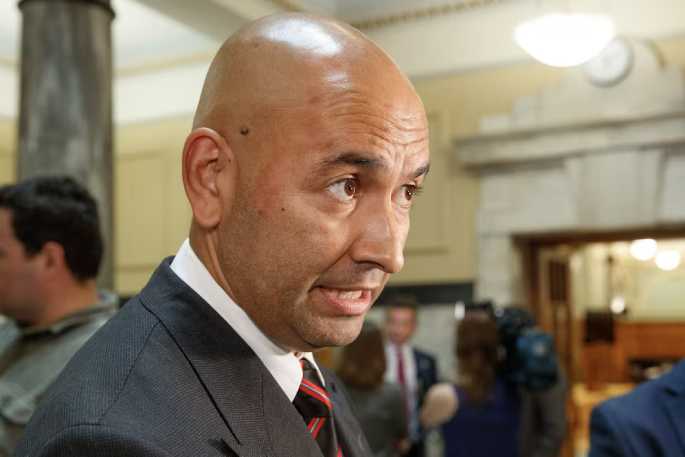The latest data on whānau moved from emergency housing motels into social homes showed that the government's 'Priority One' was making a huge difference, Associate Minister of Housing Tama Potaka said.
“At the end of August this year, the total number of households in emergency housing motels had reduced by 57 per cent under our Government, from 3141 in December last year to 1365 at the end of August," said Potaka.
Potaka said the daily cost to the taxpayer has fallen from about $1 million a day to around half that.
“In April, we brought in our Priority One policy, a key election promise from National, which prioritises whānau with tamariki who have been in emergency housing for 12 weeks or more to move into social homes.
"So far, thanks to Priority One, we’ve seen around 645 households move from emergency housing into social housing. That includes over 1311 children who no longer have to live in unsuitable dank motels."
Potaka said he recently met a dad who had been moving between homeless shelters, a caravan, and his car.
"He told me that moving into his home earlier this year has been life-changing for him and his daughter. His teenage daughter is now settled, achieving excellence at school and he told me that his daughter now has goals in life.
“I also met a mum whose four young tamariki are living in a stable home for the first time in their lives after cycling in and out of emergency housing for years. She said: ‘It was just me and my babies sleeping in one bed in emergency housing before I got this home’.
“Unlike the previous government which didn’t know where half the people leaving these motels had gone, we are continually improving our insights on those entering and exiting emergency housing," said Potaka.
Potaka said they now know that about 80 per cent of those leaving emergency housing go into some form of social or private housing because of support they receive.
"The remaining people are not accessing any government housing supports administered by the Ministry of Social Development," said Potaka.
“People don’t have to tell us where they are moving to, and they may no longer need to access government support - people living in emergency housing should not be judged as being incapable of navigating their own lives.
"We need to balance the requirement to monitor the effectiveness of our interventions with the need to respect people’s reasonable right to privacy."
Potaka said officials are monitoring the risk of increased homelessness through regular engagement with housing and social service providers.
"Officials are also working to better understand homelessness. It’s important to remember too that emergency housing remains available as a temporary last resort for people in greatest need.
“With the targeted supports we’re offering, and more social housing and private rentals becoming available, people have more options for finding houses they can make into homes."
Potaka said over the two years to June 30 2026, Kāinga Ora will be adding 2,650 homes to the state housing stock.
"And our Government has committed to delivering 1,500 new social housing homes by June 2027 to keep the pipeline of social houses coming."
He said these new social homes will be delivered by Community Housing Providers.
“We are committed to achieving our target of reducing the number of households in emergency housing by 75 per cent by 2030 and I am encouraged by the progress we are making towards this target.”



0 comments
Leave a Comment
You must be logged in to make a comment.